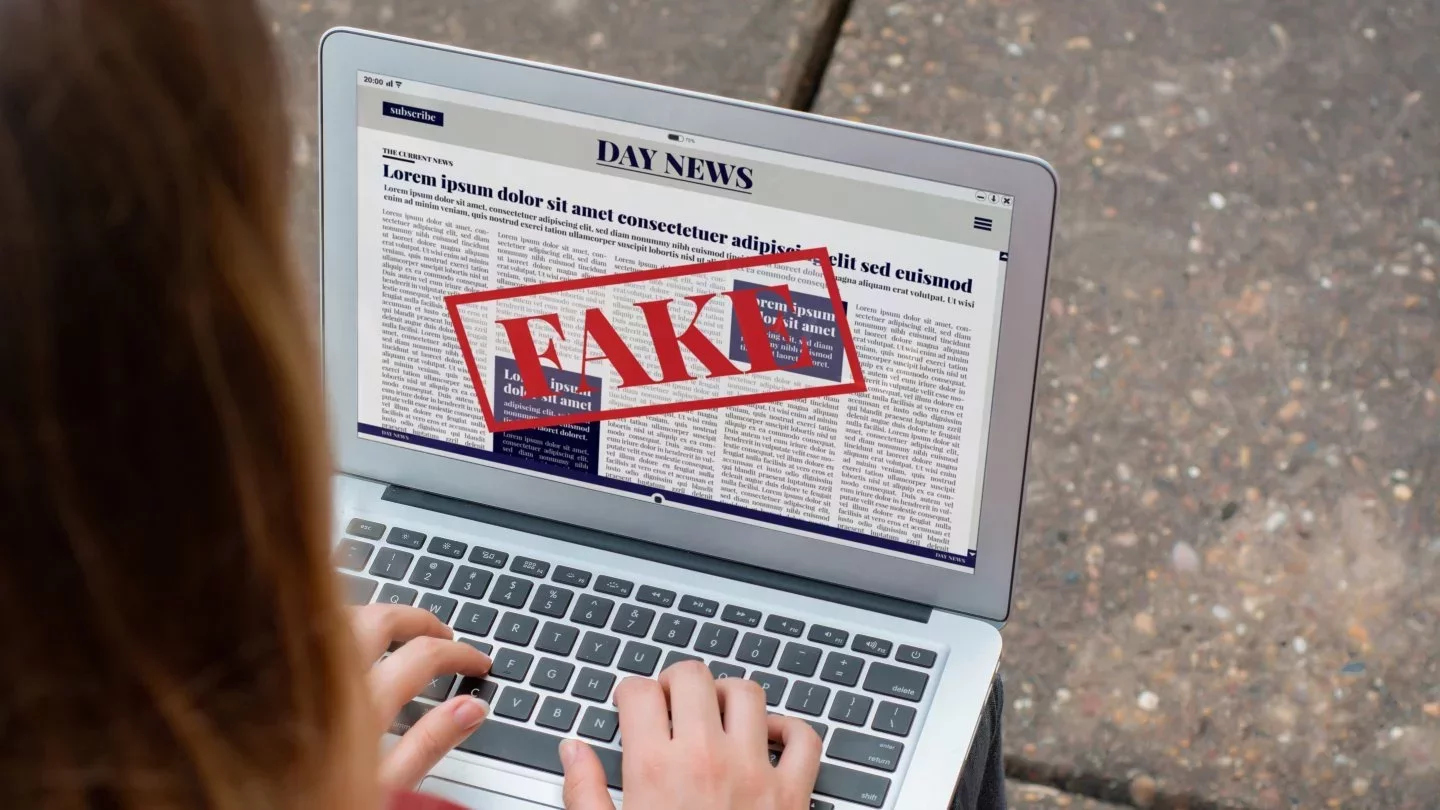Kazakhstan: Senators Call for Tougher Penalties for Deepfake Abuse
 Photo: Elements.envato.com, ill purposes.
Photo: Elements.envato.com, ill purposes.
The Senate has discussed introducing penalties for those who use artificial intelligence for fraud, blackmail, and other illegal activities, Orda.kz reports.
Senator Serik Shaidarov raised concerns about the growing number of deepfakes — fake photos and videos generated using AI.
Deepfakes can be used by scammers to create fake video calls where a loved one allegedly asks for an urgent money transfer,
the deputy noted.
Deputy Minister of AI and Digital Development Dmitriy Mun responded that the ministry is taking measures to identify and block large-scale calls and attacks involving illegal SIM cards, but senators were not satisfied.
Speaker of the House Maulen Ashimbayev also addressed the problem:
Along with phone calls, we see the number of deepfakes on social media. They feature images of famous people making false statements, supporting actions that don't actually exist. They encourage people to donate money to a fund, something they would never do. The further into the forest, the more confusion there is. And this is just the beginning, the first warning signs. As AI-enabled technologies develop, this kind of distorted information and AI-based manipulation will become an increasingly serious problem.
He reminded his colleagues that behind every deepfake are individuals profiting from it — and that they should be punished.
Majilis deputy Yekaterina Smyshlyayeva supported the proposal. She explained that the Majilis working group on AI legislation plans to submit amendments to the Criminal Code:
Currently, due to the nature of initiating amendments to the Criminal Code as a separate act, we haven't addressed liability issues within the framework of this law (on artificial intelligence – Ed.) for two reasons. First, we couldn't do it for purely technical reasons. Second, it's very difficult today to conduct expert analysis and identify deepfakes. Many of them are so well-designed that the systems currently in place have a hard time automatically detecting them.
She added that, globally, accountability usually applies to the illegal act committed using a deepfake, such as fraud, disinformation, or harassment:
The current Criminal Code includes an article on 'Fraud,' and it includes the aggravating circumstance of committing a crime using information systems. This is very narrow, and doesn't really cover artificial intelligence systems; they don't have to be in the form of information systems. They are, in principle, an object of information technology. Therefore, we proposed a broader version — 'Object of Information Technology.'
Lawmakers concluded that Kazakhstan’s legislation should be updated soon to introduce tougher penalties for the creation and use of deepfakes.
Fake images and AI-generated voices have also been used against Orda.kz. Recently, fake posts and fabricated videos were circulated online. Deepfakes were later deployed to target Orda.kz founder and editor-in-chief Gulnara Bazhkenova, spreading false claims and doctored images that continue to circulate on social media.
Original Author: Anastasia Prilepskaya
Latest news
- Damaged Baikonur Launch Pad Facility Restored After 2025 Collapse
- A Rare Black Melanist Wolf Was Shot in Eastern Kazakhstan
- Kazakhstan Maintains Neutral Stance on Middle East Escalation
- Kazakh MFA: Citizens Evacuated from the Middle East via Oman and Saudi Arabia
- Kazakhstan to Spend 4.6 Trillion Tenge on Road Projects Through 2029
- Central Asia Competes for the Skies: Why Kazakhstan Risks Falling Behind Uzbekistan on Jet Fuel
- The War in Iran Opens a Window of Opportunity for Kazakhstan’s Oil Sector, Analysts Say
- Iran Conflict Escalates Beyond the Gulf: What Kazakh Experts Say About Risks for Central Asia and Kazakhstan
- Kazakhstan Prepares Possible Evacuation of Its Citizens From Iran
- LRT in Astana Is Reaching the Finish Line: The Launch Is Expected in the Coming Months
- Kazakhstan Ready to Help the UAE Amid Escalation in the Region
- Tokayev Discusses Middle East Escalation With Qatar’s Emir
- Airlines Ready to Bring Kazakhstanis Home From the Middle East
- Tokayev Sends Support Messages to Gulf Leaders Amid Regional Escalation
- Kazakhstan Bans Its Airlines From Flying Over Several Middle East Countries
- Astana Strengthens Security Measures Amid Escalation Around Iran
- Tokayev Meets U.S. Ambassador Stufft, Discusses Board of Peace Cooperation
- Mangystau Launches AI-Assisted School Monitoring to Prevent Teen Suicidal Behavior
- Kazakhstan to Supply UK With Critical Minerals
- AI Faculties for Educators to Open in Kazakhstan: What Other Changes Are Coming to the Education Sector

